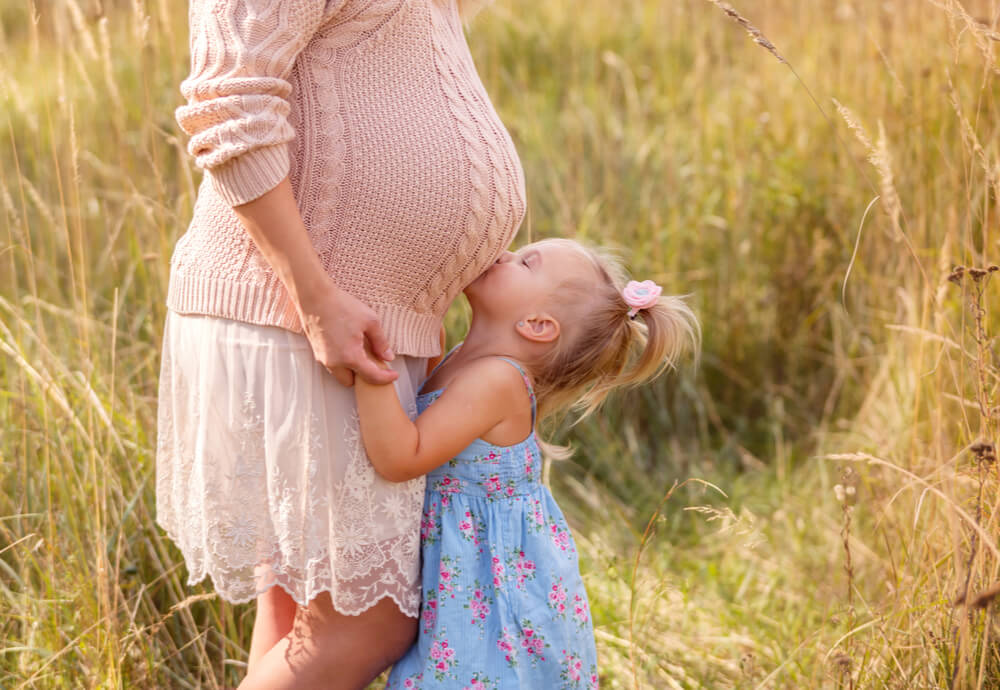Congratulations! The countdown is on until you welcome your little bundle of joy into the world! But, there’s still a lot to do between now and then. Perhaps you still need to travel for work, or maybe you want to head on a babymoon to celebrate the blessing in your belly?
Whatever the case, you should always consider travel insurance. But, how does your pregnancy affect your cover?
The good news is that you aren’t expressly barred from getting travel insurance if you’re pregnant, depending on how far along you are. Some insurers may just need a note from your doctor before they sign you up for cover. This is generally fine because you should see your doctor before you travel regardless, to make sure it’s safe to do so. Some insurance companies will cover pregnancies up to 30 weeks gestations (if you meet certain conditions), while other insurance providers will only offer cover up to 23 weeks gestation.
When it comes to travel insurance, pregnancy is considered a pre-existing condition if you (the insured) are pregnant when you take out your policy. So, if you want to make sure you and your baby bump are covered, you’ll need to buy a travel insurance plan with coverage for pre-existing conditions or upgrade your policy so that you can get coverage for your pregnancy.

Travel insurance is designed to provide financial protection for when things don’t go quite as planned on your trip, like a medical emergency or travel delay.
Travelling while pregnant can come with added risks, not to mention stress. That’s why it’s important you take out a travel insurance policy that will cover you and your unborn baby against the unexpected and give you peace of mind.
Typically, travel insurance for pregnancy will include cover for:
Travel insurance for pregnancy offers the same benefits as any other travel insurance including cover for medical emergencies, trip delays or cancellations, lost luggage or personal items, theft and rental car excess.
As with any travel insurance product, the level of cover for pregnancy will vary between insurers and policies. So, before you make a decision, read through the terms and conditions.
It’s important to remember that travel insurance policies come with exclusions and that cover for pregnancy comes with conditions. As such, it’s crucial you understand what you are and aren’t covered for before you purchase a policy. As a general rule, you may not get cover for your pregnancy on your travel insurance if:
Carefully read through any Product Disclosure Statements (PDS) before signing up to a policy to determine what you’re covered for. Similarly, check with your airline/cruise operator to ensure they don’t have their own restrictions on pregnant women flying or sailing.
The first 12 weeks of your pregnancy are crucial for bub’s development, and you’ll finish it with a maternal blood test and an ultrasound. While it’s typically a safe enough time to travel, you may be experiencing some regular morning sickness during this trimester. Because of this, you may want to consider scheduling any trips after the 12th week.
Key developments:
Now is a great time to have a babymoon, because the second trimester is the safest time for you travel (so long as you’re not experiencing any complications). Consult your doctor before you make any travel arrangements, as they will be able to give you the best advice for your situation.
Key developments:
Some airlines may not let you fly if you’re far into your third trimester, or if the flight time exceeds a certain length (e.g. four hours). Even if they do allow you to fly, you may still need to produce a note from your doctor.
Key developments:
You should be wary of travelling to developing nations with poor healthcare infrastructure and be aware that it’s not recommended you be vaccinated with any live viruses (e.g. measles shots). The influenza vaccine, however, is considered safe (and important) to take.
Next, you’ll need to look for family insurance policies! This type of cover protects everyone in the family, your spouse, dependent children and yourself, under one policy which has higher cover limits for the number of travellers covered.

Be informed rather than sorry. Look up any healthcare facilities near your accommodation in case of an emergency and take a copy of your medical records with you. The Australian government maintains travel advisories for over 170 destinations on Smartraveller.
Get familiar with all the do’s and don’ts of your destination and pay particular attention to foods, drinks and activities that you should avoid when pregnant. If you’re travelling to a developing country, be especially careful of travellers’ diarrhoea, which is caused by consuming contaminated food or water.
As a pregnant woman, you could be at risk of serious complications if you contract a certain virus or infectious disease. There’s a chance you and your unborn baby might be exposed to foreign maladies overseas, especially if you’re travelling to an exotic destination or developing country.
So, make sure you’ve received all you travel immunisations before you depart. Some vaccines are not suitable for pregnant women, so chat with your doctor or nurse about your options before you go.
When flying, many people can experience mild air travel symptoms like fluid retention, nasal congestion, fatigue and dehydration.
If you’re pregnant, you may also be at higher risk of developing deep vein thrombosis (DVT). DVT occurs when a blood clot forms in a deep vein of your leg (usually) and can be fatal if it lodges in your lungs or heart. To reduce the risk of a DVT, you should:
Looking for travel insurance that will cover you and your bump? Find a great policy with our free comparison tool, which allows you to compare several travel insurance options from leading insurers side-by-side in just minutes. Simples!